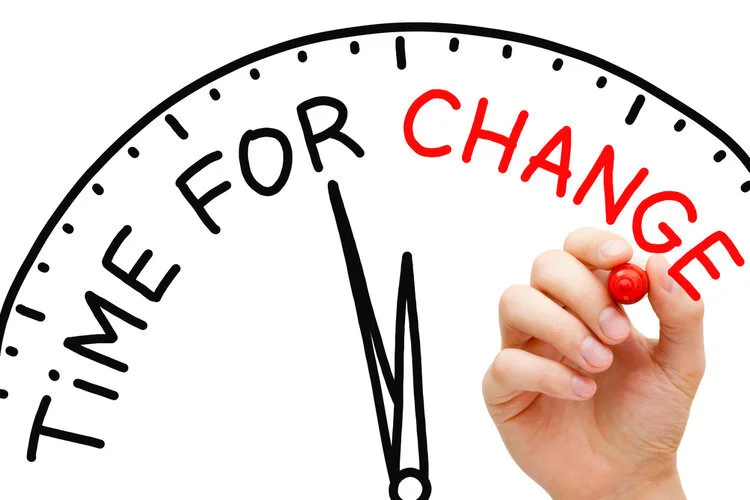This past year I had the fortune of speaking with thousands of leaders about how to make movement on their gender diversity goals at numerous conferences and events. Unfortunately, the sentiment I feel most from the conversations are, ‘I can’t believe we are still talking about this’. Overwhelming there is more doom and gloom than optimism about a brighter future. HR, D&I and line leaders seem beaten, fought one too many rounds. What I hear repeatedly are statements like, “I’m tired of fighting for something that shouldn’t require fighting for”. “I’m tired of reading representation statistics that are not only moving forward at a sloth’s pace, but may now in fact be moving backward.” “I’m tired of battling the old boys club.”
I get it; I feel it sometimes too. Is change happening fast enough? No. But we can’t feel deflated. We can’t feel sorrow for ourselves. Things are getting better. Momentum is building. We need to press on because there has never been a better time for change.
Today on International Women’s Day we are all asked to #BeBoldForChange. And we should be, because we are at an important turning point in the conversation around this issue. We are at a point in history when a number of cultural, societal, and political forces are converging to the benefit of the gender diversity agenda. Protests and movements in the last few years have gained momentum and visibility in a way we haven’t seen since the 1960s and 1970s when women’s liberation propelled into the media and the public consciousness. Every single day in the news there are multiple stories of positive change. Here are just 10 recent examples:
According to the Inter-Parliamentary Union, the average share of women in parliament last year rose from 22.6% to 23.3%—6.5 points higher than the global average a decade ago.
Justin Trudeau, the Canadian Prime Minister ensured his cabinet had gender parity.
The Japan Business Federation sent its first all-female delegation to the US to learn about the business case for getting more women in the workforce.
An Icelandic MP breastfed her daughter while giving a Parliamentary speech.
During the 2017 Women’s March, millions of women, men and children on every corner of the earth united.
In India there were protests for #IWillGoOut so that females can feel safe walking outside at night.
Women in Iran rebelled against a law forbidding them to ride bicycles by posting pictures and videos on social media on bikes.
Audi chose to use its coveted 2017 Super Bowl spot to talk about female wage disparity.
Lucy, a startup a tech-enabled marketplace for expectant and new parents received $2.25 million in seed funding to provide the care needed to help women transition back to work.
Netflix has a category called ‘TV shows featuring a strong female lead’
The dialogue has changed; it is loud, relentless and wide-reaching. Let’s not feel deflated. Let’s not succumb to the stats that claim our progress has stalled. I have worked with hundreds of women world-wide who have taken charge of their leadership careers and have seen organizations work relentlessly on changing the culture of their organizations to be more inclusive. Is there a long way to go? Yes. But the time is now to channel the same fortitude we have been projecting outward on the streets and in social media inward in our own organizations.
We need to challenge the leaders of our own organizations like we are challenging our world leaders - not with protests and placards, but with expectations of accountability for creating a workplace that represents our customers and the global communities we serve and live in. It’s not time to settle, to throw our hands up, or to ask ‘is this the best we can do’. We must relentlessly and respectfully challenge the status quo in our organizations. We must hold all leaders of people accountable for creating environments that will attract, develop, promote and retain the best talent and the most diverse teams. We can’t press for laws to be passed, but we can press for expectations to be lived up to.
We have never been in a better position than we are today. Let’s begin holding ourselves, our colleagues and our leaders accountable for creating a better future. Now is the time.

